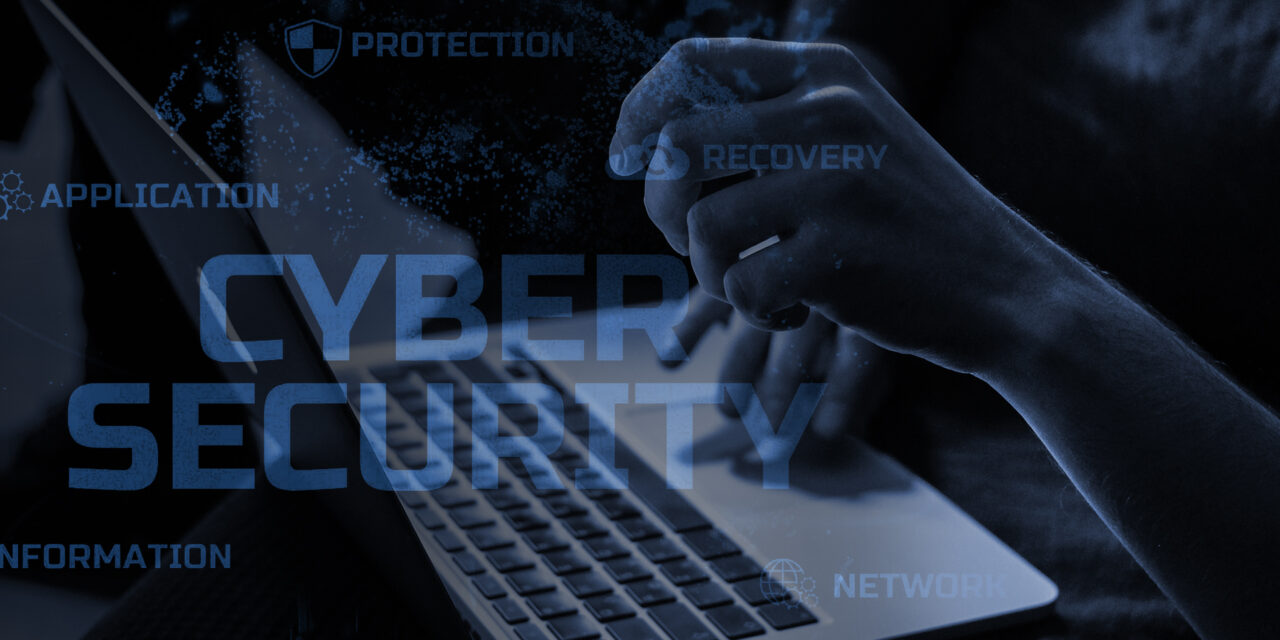The urgent transformation has not been painless, but it does show how a pandemic can pull a country together — digitally.
With many small businesses in India adopting remote-working to maintain business continuity, employers soon realized the need for more security amid global increases in opportunistic cyber-attacks.
Securing enterprise data and connections for the remote workforce has become a prime concern for these businesses. This is especially the case with firms with e-commerce operations that have in their possession the personal data of customers that cybercriminals seek.
Also, the transition to cloud computing has been urgent and rushed; coupled with many employees working remotely and resorting to unsecured personal devices and home connections to get work done. Furthermore, many small businesses have had to tool up to cope with the surge in demand for digital payment modes in facilitating the processing of orders.
The result: with unprepared small businesses going digital, the risk of cyber-attacks has skyrocketed, along with the realization that their tight budgets still had to accommodate the acquisition of cloud services, tools and applications to ensure effective staff collaboration, communication and productivity.
How a pandemic digitally threatens India
Amid countless reports of ransomware and phishing attacks against small businesses in the country in mid-2020 and thereafter, many firms were forced to earmark a precious amount of their budgets for tightening cybersecurity.

According to Suresh Gandhi, co-founder and Director, Ecaps Computers India: “The sudden rise in the number of cybercriminal activities during the pandemic necessitated this change. It was interesting to see small enterprise customers, who had limited cybersecurity measures in place earlier, finally shifting their focus to readjusting their security priorities and strategies. And it is not just with a handful of customers but this trend was seen with almost every small business. “The pandemic has indeed turned the tides by accelerating the demand for cybersecurity practices and tools.”
So what kind of security products did these businesses invest into? “Any business that invests in cybersecurity will have to first do a proper review of the size of their IT infrastructure. The investment will of course vary. Somebody may require a basic firewall or an anti-virus software. But predominantly anybody having a small computer or internet connection or even a pen drive will need extra cybersecurity, whether for data protection or for hacking protection,” Suresh explained.
Depending on the kind of operational risks and cyber exposure profiles, the kind and quantum of cyber investments will be different. Suresh said: “So it will be important to study the entire infrastructure through an audit and then suggest the kind of cyber protection tools needed. It also depends on the skills set of the system integrator hired for the task. However, no vendor will be able to guarantee their clients 100% protection from attacks. There may be a loophole of 1%.”
Making the most of cyber investments
The business continuity lessons taught by the COVID-19 pandemic are indelible. Now that small and large businesses alike in India have understood the importance of being digitally agile and resilient to stay prepared for future pandemics and similar crises, the concept of remote-working—or a lower-scale form of it such as hybrid working—is expected to become a mainstay for many of India’s organizations.
Currently, to add to the lessons being taught, a demand and supply gap is raging globally. The supply of IT products continues to be disrupted because of war and zero-COVID policies.
Owing this, security vendors have been facing huge challenges in getting the appliances and devices on time. However, Suresh noted that many micro, small and medium-sized enterprises in the country will continue to adopt cybersecurity measures, despite the supply chain disruptions. “They will continue making investments in security going forward as well.”

















